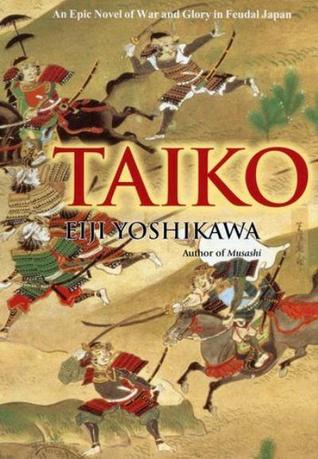More on this book
Community
Kindle Notes & Highlights
What if the bird will not sing? Nobunaga answers, “Kill it!” Hideyoshi answers, “Make it want to sing.” Ieyasu answers, “Wait.”
At the castle gate, he took the reins of the shogun’s horse and treated him as an honored guest. In truth, Nobunaga was not just holding the reins of the shogun’s horse, but taking hold of the reins of the nation.
The look on Nobunaga’s face, however, indicated that he seemed to be thinking, You did too well—there is a limit to meritorious deeds.
Very likely there was not a single priest living in this ancient Buddhist fortress who did not hate the upstart Nobunaga. They accused him of being an enemy of Buddhism who flouted tradition, a destroyer of culture, and a devil who knew no bounds—a beast among men.
The enemy that appeared before him was nothing more than the reflection of a fire on a wall. Throwing water on the wall was not going to put the fire out, and in the meantime the real flames would be burning at his back. This was a common admonition in the art of war, but in Nobunaga’s case, he was unable to fight against the source of the fire even though he knew what it was.
Whatever was brought in from Europe—firearms, gunpowder, telescopes, medicines and medical equipment, leather, dyed and woven goods, and everyday utensils—Nobunaga accepted with gratitude. He was especially enthusiastic about—and even desirous of—innovations connected with medicine, astronomy, and military science. However, there were two things that his digestion absolutely rejected: Christianity and Christian education. But if these two things had not been allowed to the missionaries, they would not have come with their weapons, medicines, and other wonders.
Nobunaga had ambitions—and the will to realize them—the likes of which a prudent man like Ieyasu could not even imagine. Ieyasu, Nobunaga was the first to admit, had virtues that he himself lacked: patience, modesty, and frugality.


